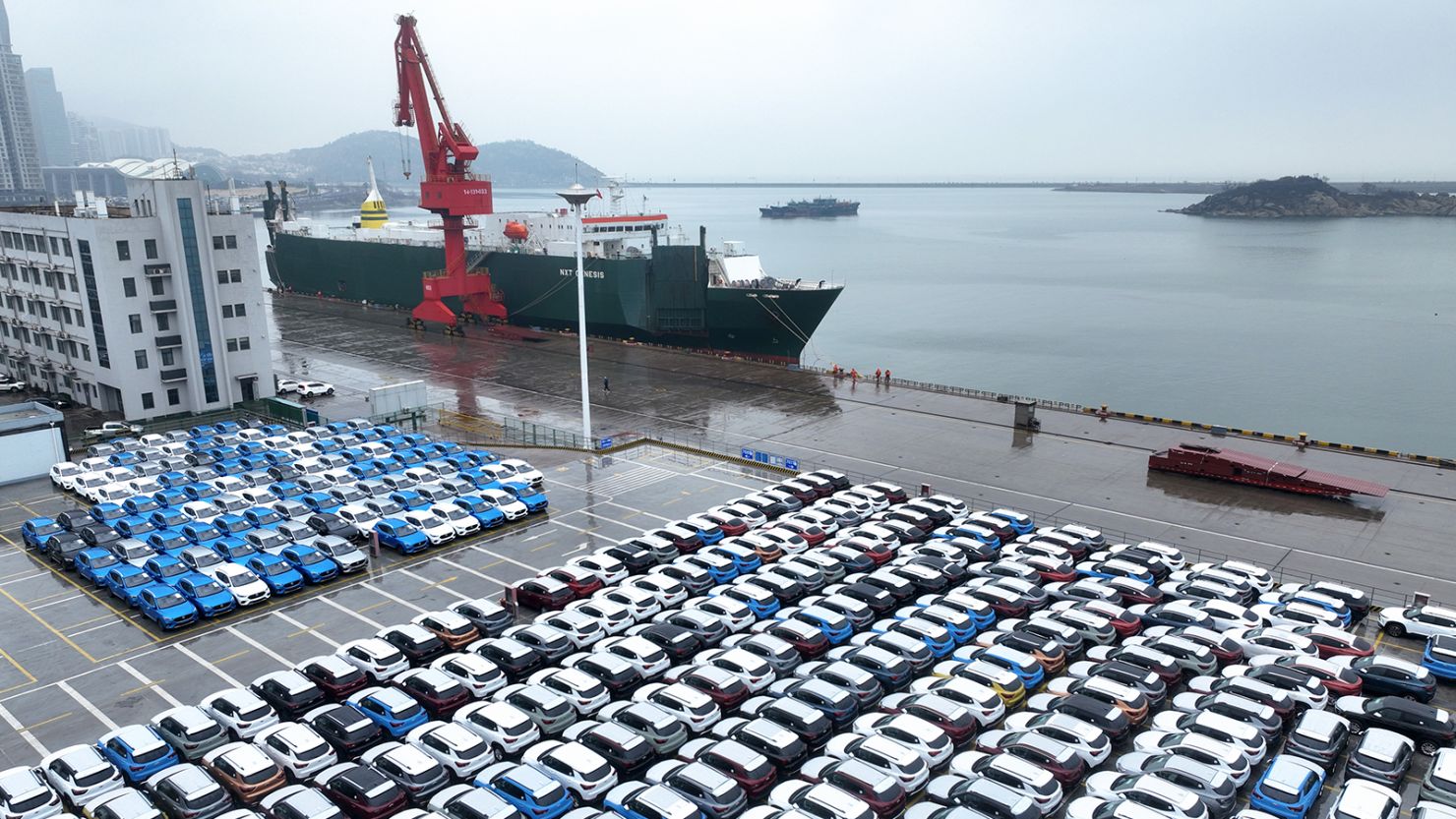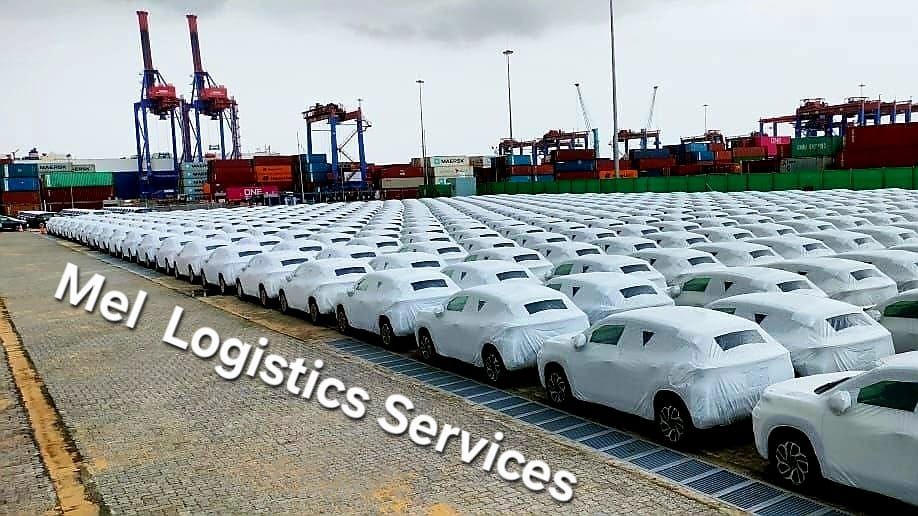Address
6-12 Newport Boulevard, Newport West, Kingston
Work Hours
Monday to Friday: 7AM - 9PM
Weekend: 10AM - 5PM

Export Cars from India to Jamaica is a growing business opportunity driven by demand for affordable, reliable vehicles in the Caribbean market. Whether you’re an individual looking to ship your personal vehicle or a business aiming to expand your automotive trade, understanding the export process is critical.
In this guide, we’ll take you through everything you need to know about exporting cars from India to Jamaica — from documentation and regulations to shipping methods, customs clearance, and costs involved.
India has a booming automobile industry known for manufacturing high-quality, fuel-efficient cars at competitive prices. Brands like Suzuki, Hyundai, Tata, and Mahindra are especially popular for their durability and affordability.
Jamaica, on the other hand, has a strong market for used and new cars, particularly Japanese and Indian vehicles. With a growing population and increasing mobility needs, importing vehicles from India can be cost-effective and profitable.
The first step is choosing the car you want to export. Whether it’s a new or used vehicle, it must meet Jamaican import standards, such as:
Age limit: Jamaica allows the importation of used cars not older than 5 years (for most private vehicles).
Emission standards: Vehicles must comply with environmental standards. Petrol and diesel cars must not exceed acceptable CO2 and NOx levels.
Right-hand drive: Jamaica is a right-hand drive country, just like India. This makes Indian cars ideal for export.
Pro tip: Double-check the make, model, year of manufacture, engine type, and chassis number to ensure it’s eligible for Jamaican import.

Before Export Cars from India to Jamaica, you need to fulfill the legal obligations required by the Indian government.
RC (Registration Certificate): You must de-register the vehicle for export purposes.
Vehicle Inspection Certificate
Invoice and purchase proof
Pollution Under Control (PUC) certificate
Insurance documents (if applicable)
Bill of Lading (to be issued after shipping)
Export License (especially for commercial shipments)
You may also require a No Objection Certificate (NOC) from the RTO (Regional Transport Office) where the car was registered.
Exporting a car from India to Jamaica involves coordination across multiple agencies and processes — from Indian port authorities to Jamaican customs. To ensure a smooth journey, it’s crucial to work with a logistics partner who understands the complete export-import chain.
You’ll need a licensed freight forwarder who can handle:
Transportation of your vehicle to the port (e.g., Nhava Sheva, Chennai, Kolkata)
Booking cargo space (RoRo or container)
Export documentation and customs filing
Marine insurance
Make sure they are experienced in handling vehicle exports to the Caribbean region.
Once your vehicle reaches Jamaica, MEL Logistics Services can take over as your trusted customs broker in Jamaica and logistics partner. We are based in Jamaica and specialize in helping individuals and businesses with:
Complete customs clearance services
Processing import documents (C78, invoices, bill of lading, etc.)
Calculating and paying duties, GCT, SCT, and environmental levies
Coordinating with the Jamaica Customs Agency
Clearing and delivering your vehicle from Kingston port
Registration support and roadworthiness guidance
Whether you’re importing a personal car or shipping vehicles for resale, MEL Logistics Services ensures a hassle-free experience from port to plate.
Pro tip: Working with MEL not only saves time and prevents costly mistakes but also gives you peace of mind knowing your car is being handled by experts who understand Jamaican regulations inside and out.
You can export cars from India to Jamaica using two major shipping methods:
RoRo shipping is the most affordable method. Your car is driven onto the vessel and secured in the cargo hold.
Pros: Cost-effective, no need for container packaging
Cons: Only for operational vehicles, less protection from elements
The vehicle is loaded into a 20-foot or 40-foot container and shipped.
Pros: Maximum protection, suitable for high-end or multiple vehicles
Cons: More expensive than RoRo
Choose the option that best suits your budget and vehicle type.
Shipping insurance is optional but highly recommended. It protects your vehicle from damage, theft, or loss during transit.
Ask your logistics partner to arrange marine insurance covering the full value of your car.
Once your vehicle arrives at Port of Kingston, it must go through Jamaican customs. You’ll need the following documents for clearance:
Import Entry Form (C78)
Bill of Lading
Purchase invoice
Export documents from India
Title and registration
Valid driver’s license or Tax Registration Number (TRN)
Environmental levy receipt
Your customs broker or logistics partner in Jamaica will handle this process and advise on duties and taxes payable.
Jamaica imposes various import duties on vehicles based on engine size, type, and age. These can include:
Import Duty: 20%–40%
General Consumption Tax (GCT): 15%
Special Consumption Tax (SCT): Varies
Environmental Levy: Fixed amount
Processing fees
Always consult the Jamaica Customs Agency or a licensed broker for updated tax rates applicable to your vehicle.
After customs clearance and duty payment, the vehicle must be registered with the Tax Administration Jamaica (TAJ). You’ll be issued a license plate and registration documents. Ensure that you also get:
Insurance coverage from a Jamaican provider
Fitness Certificate (if required)
Roadworthiness Inspection
Once registered, your vehicle is legally ready to drive on Jamaican roads.
Use a reputable freight forwarder experienced in Indian-Jamaican logistics.
Stay updated with the latest Jamaican import policies.
Keep all paperwork organized — missing one document can cause delays.
Insure your car against damages.
Track your shipment and be ready for port clearance upon arrival.
Exporting a car from India to Jamaica is a profitable and practical move when done correctly. With the right documentation, reliable logistics support, and a clear understanding of the legal and customs procedures in both countries, the process can be smooth and stress-free.
Whether you’re a Jamaican resident importing a vehicle for personal use or a business tapping into the auto trade market, following the step-by-step process outlined in this guide will help you avoid costly mistakes and ensure a successful shipment.
